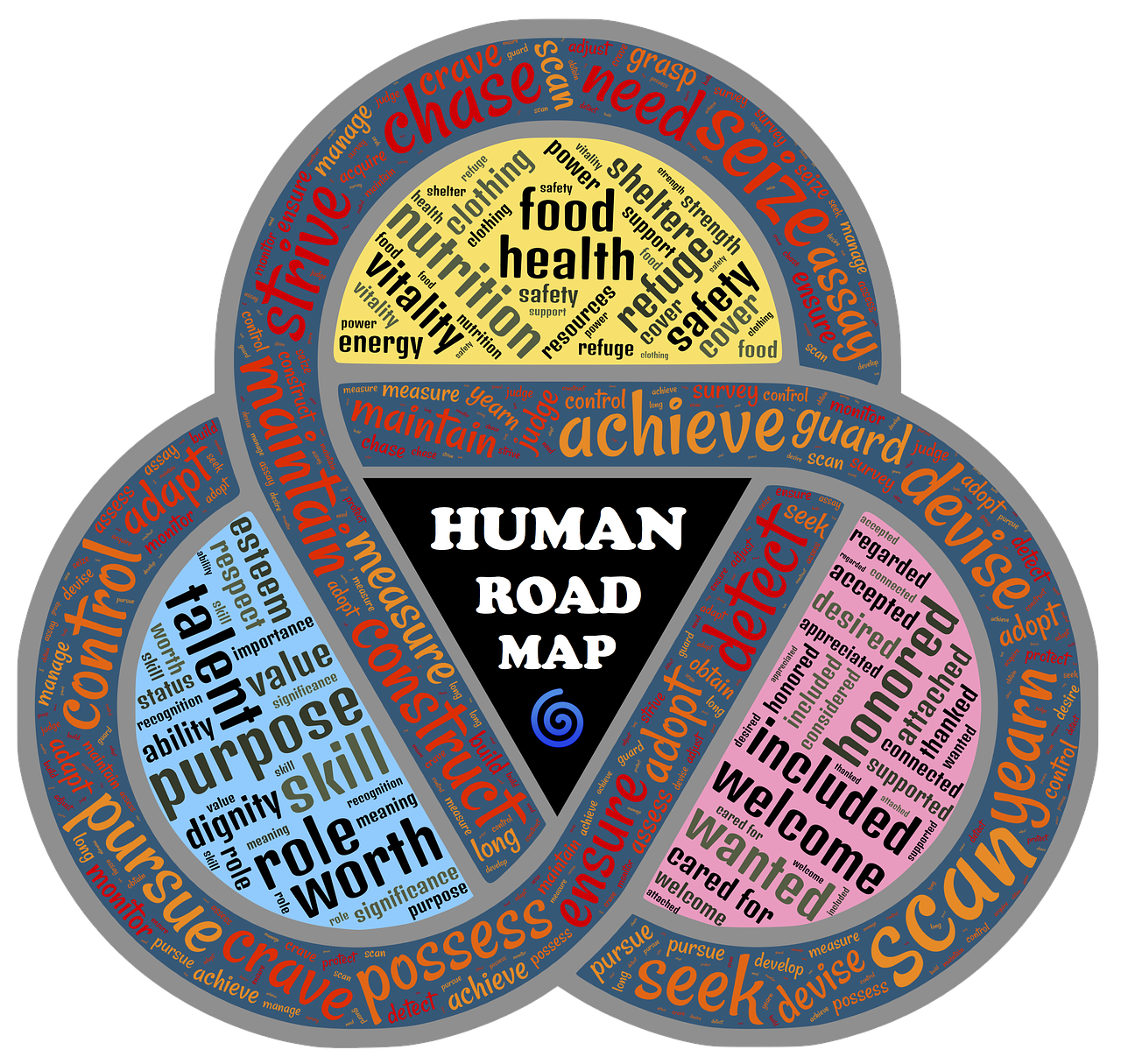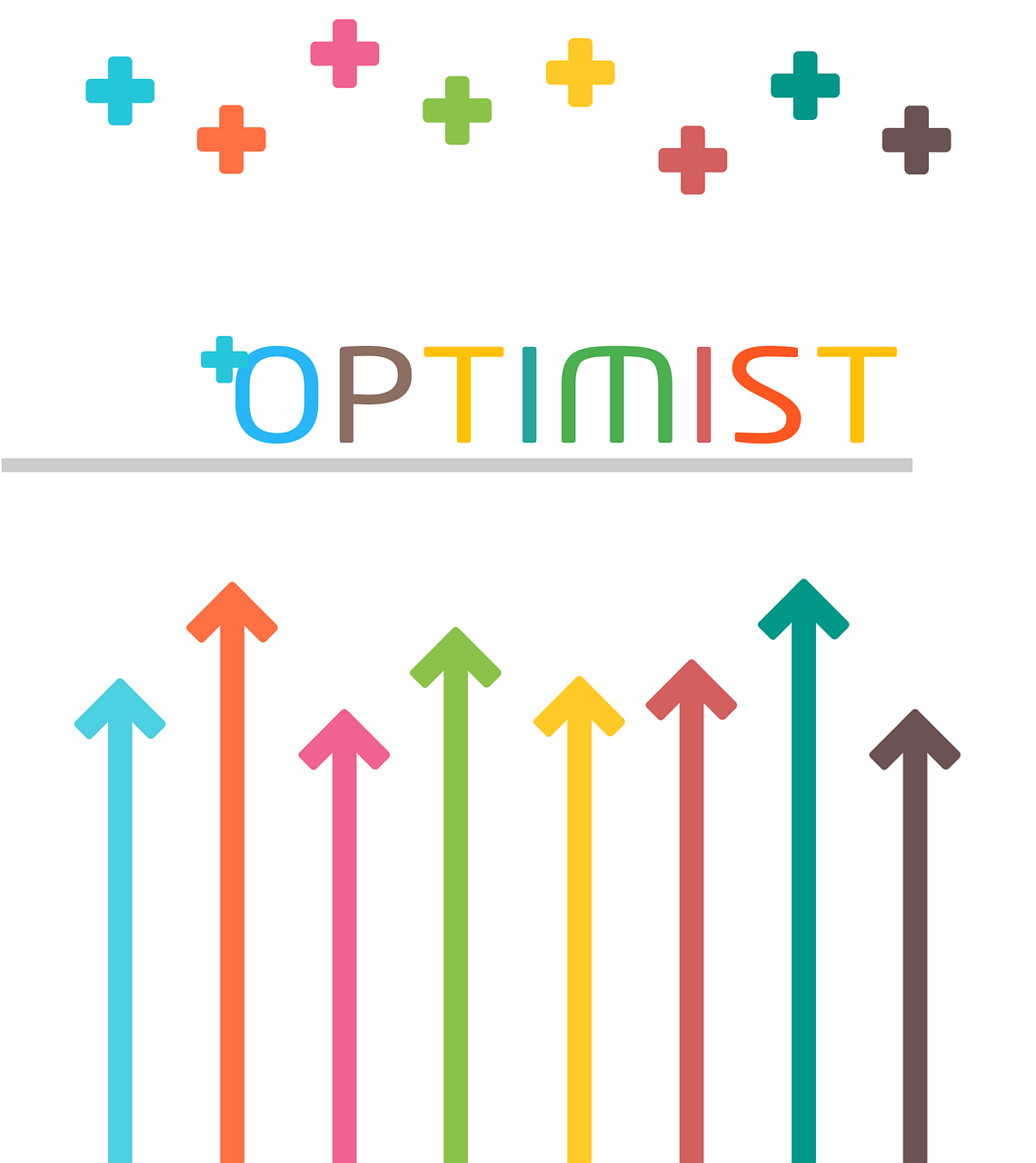Embarking on the founder’s journey in 2025 means navigating an increasingly complex and fast-paced business landscape. Challenges emerge not only from market competition but also from rapid technological advances and evolving customer expectations. Success now hinges more than ever on one key attribute: cultivating a resilient, adaptive growth mindset. This mindset empowers founders to see failures as stepping stones, embrace learning opportunities, and turn feedback into actionable improvements. While the pressure to deliver immediate results intensifies, founders who embrace Mindset Mastery create competitive advantages not just for themselves but for their teams. Integrating a growth-oriented perspective spurs innovation, fosters collaboration, and sustains long-term resilience across the startup ecosystem. Leveraging frameworks from GrowthFounders and insights from thought leaders in EvolveMind, this exploration delves deeply into how founders can activate and sustain a Limitless Mindset amid the inevitable setbacks of startup life. From mastering emotional resilience to building adaptive cultures, the evolving founder’s growth journey is about turning every challenge into breakthrough success and becoming true leaders in the rapidly shifting startup world.
Unlocking the Power of a Growth Mindset for Startup Founders
Founders today must transcend traditional leadership to become Growth Pioneers who relentlessly evolve through learning and adaptation. At its core, a growth mindset is the belief that talents and intelligence can be cultivated through effort, perseverance, and smart strategies. This philosophy differs sharply from a fixed mindset, where skills are seen as innate and immutable. Embracing a growth mindset allows founders to dismantle self-imposed limits, take smart risks, and perceive failures not as end points but as essential learning experiences.
A key aspect of this development is recognizing that startups face a unique constellation of obstacles. From cash flow challenges to competitive pressure from industry giants with vast resources, founders must become agile and nimble. As one founder described, “Tech giants have the lion’s share, but David’s agility lets him reach places Goliath can’t.” That agility springs directly from a Limitless Mindset that views experimentation, rapid iteration, and even failure as critical components of innovation.
Integrating this mindset begins with intentional actions:
- Embrace challenges: Seeing every obstacle as an opportunity to learn fuels resilience.
- Persist through adversity: Knowing setbacks are temporary and part of growth sustains motivation.
- Seek feedback actively: Incorporating constructive criticism ensures continuous refinement.
- Stay curious: Cultivate an EvolveMind by exploring new ideas and questioning assumptions regularly.
- Nurture collaboration: A team culture that encourages shared learning amplifies growth.
According to research shared on platforms like Startups.com, founders who develop this mindset see sustained improvements in decision-making, product iteration, and team engagement. They become Breakthrough Leaders who not only scale their business but foster environments where innovation thrives, curiosity is rewarded, and risks are mitigated intelligently.
To illustrate, imagine a fledgling tech company facing a product launch that falls short of expectations. Instead of retreat, the founder, embodying GrowthFounders values, gathers customer insights, recalibrates the strategy, and drives rapid pivots. This approach is emblematic of ScaleMind agility—prioritizing adaptability over perfection and embracing the valuable lessons embedded in setbacks.

| Growth Mindset Element | Impact on Founder’s Success | Practical Steps |
|---|---|---|
| Embracing Failure | Builds resilience and innovation capacity | Document lessons learned; share openly with team |
| Seeking Feedback | Enhances product-market fit and decision quality | Establish regular feedback loops with customers |
| Continuous Learning | Keeps skills sharp and strategy relevant | Attend workshops; read industry reports; engage mentors |
| Adaptive Leadership | Motivates teams and drives culture of growth | Lead by example; encourage risk-taking and experimentation |
Understanding the Origins and Psychology Behind Growth Mindset
The foundation of this transformative mindset traces back to psychologist Carol Dweck, who introduced the concept of fixed versus growth mindsets. In 2025, her work remains pivotal in helping founders shift perspectives from an immutable view of intelligence and capability to a dynamic model where abilities evolve with effort and learning. Organizations like Resilience Co. champion this evolution, integrating mindset training into startup incubators and accelerators.
This paradigm shift is not merely theoretical. It translates into practical progress. Founders learn to reframe their setbacks and performance reviews as learning mechanics rather than verdicts. This mental reframing combats founder burnout and the isolation that can come with scaling a business. More importantly, it energizes teams to contribute ideas without the fear of failure suppressing creativity.
Moreover, nurturing a growth mindset links closely with emotional intelligence. Growth-oriented founders tend to be better at recognizing their emotions and managing stress. This emotional resilience paired with intellectual flexibility creates a foundation that sustains long-term business growth in an inherently volatile marketplace.
For those interested in diving deeper, further resources like PersonaTalent and FasterCapital offer blueprints for embedding growth mindset principles in the startup DNA.
Strategies for Developing Emotional Resilience and Adaptive Leadership
Startup founders operate in high stress environments, and developing emotional resilience is a critical pillar of the growth mindset. The realities of entrepreneurship are often unpredictable and challenging; thus, learning how to stay composed and make clear decisions under pressure distinguishes ScaleMind leaders from others.
Resilience Co. research emphasizes several strategies for emotional resilience:
- Self-regulation: Founders must monitor and manage their emotional reactions to avoid burnout.
- Mindful reflection: Regular reflection helps identify stress triggers and develop coping methods.
- Support networks: Building a community of mentors and peers offers emotional and practical support.
- Physical well-being: Prioritizing recovery and balance to sustain high performance without compromising health.
- Adaptive mindset training: Using scenario planning and stress inoculation drills to prepare for challenges.
One founder shared that without prioritizing recovery and moderation, relentless hard work led to inefficiency and reduced innovation. Balancing intense focus with periods of rest fuels sustainable growth—a critical lesson in founder wellbeing. Leaders who embody this principle foster a culture where teams are equally respected and replenished, bolstering collective resilience.
This emotional foundation empowers founders to lead with clarity and compassion, driving agile decision-making and maintaining culture even during uncertainty. Adaptive leadership techniques include:
- Being transparent about challenges and emotionally authentic with teams
- Encouraging autonomy and responsibility within a safe space for experimentation
- Celebrating effort and learning, not just outcomes
- Adapting vision and strategies based on dynamic feedback
For practical insights and techniques, the guide on LinkedIn Advice is a valuable resource.
Building a Collaborative and Learning-Oriented Startup Culture
A Limitless Mindset isn’t just an individual asset—it must permeate the organizational culture to catalyze collective growth and agility. Fostering an environment where calculated risks are welcomed, mistakes are celebrated as learning moments, and feedback channels remain open can fuel innovation cycles and employee motivation.
Key tactics for cultivating such a culture include:
- Lead by example: Founders should model growth behaviors openly and normalize vulnerability.
- Encourage experimentation: Set targets where a significant percentage of decisions (e.g., 30-40%) may be “wrong” to stimulate learning.
- Recognize effort: Celebrate process and progress, not just final results.
- Maintain transparency: Share company goals, challenges, and successes regularly with the team.
- Prioritize learning opportunities: Offer workshops, mentorships, and cross-functional projects to expand skills.
A study from Bluebox Global highlights startups with founders who concentrate on growth mindset cultivation attract and retain top talent, creating a virtuous cycle of innovation and commitment. Teams aligned with these values often demonstrate heightened creativity, better problem-solving, and increased resilience.
Consider the example of a startup that faced rapid market shifts and customer churn. By pushing a culture that valued learning from failure and open communication, the founder energized the team to reimagine the product and pivot effectively—an embodiment of the Growth Catalyst in action.

| Culture Element | Benefit | Implementation Tips |
|---|---|---|
| Transparency | Builds trust and alignment | Hold regular all-hands meetings and share progress updates |
| Experimentation | Spurs innovation and fast learning | Allocate time for testing new ideas without penalty |
| Recognition of Effort | Motivates team and promotes persistence | Give public shout-outs for process milestones |
| Learning Opportunities | Elevates skills and engagement | Implement regular training workshops and cross-department collaboration |
How Do You Cultivate a Growth Mindset as a Founder?
Click on each practice to learn more and see examples.
Select a practice above to see details here.
Unlocking Continuous Learning as a Founder’s Superpower
Continuous learning is a cornerstone of Mindset Mastery and a defining characteristic of founders who succeed over the long term. The startup ecosystem’s rapid evolution means founders must continually update their knowledge, embracing new tools, methodologies, and market insights to stay ahead.
Active learning tactics useful for founders include:
- Regularly engaging with industry thought leaders and peers—through podcasts, webinars, and networking events.
- Investing in formal education—such as advanced courses on emerging technologies or management skills.
- Participating in mastermind groups that encourage accountability and collective problem-solving.
- Allocating time for active reflection—journaling lessons learned and adjustments needed.
- Leveraging customer and market feedback—translating insights into strategic pivots.
For example, a founder who consistently leverages feedback loops and knowledge-sharing through their network exemplifies what GrowthFounders call the ScaleMind approach—prioritizing adaptability and continuous improvement above rigid plans.
Equipping oneself with a network of mentors and peers who challenge assumptions amplifies growth. The value of diverse perspectives cannot be overstated. In 2025, platforms like lablab.ai provide dedicated forums for founders to exchange insights and cultivate resilient, innovation-driven minds.
How Founders Can Lead by Example to Inspire Growth-Minded Teams
Leadership is not just about strategic vision but also about embodying the Growth Pioneer mindset for the team. Founders who openly share their learning journeys, acknowledge their mistakes, and encourage experimentation foster ScaleMind cultures where innovation flourishes.
Steps to lead effectively as a growth-minded founder include:
- Promote psychological safety: Create spaces where team members feel safe to take risks without fear of punitive consequences.
- Communicate vision with clarity: Align short- and long-term goals and explain the importance of learning in achieving them.
- Celebrate effort and progress: Recognize not only successes but the hard work and learning that lead to them.
- Encourage autonomy and decision-making: Empower teams to own projects and innovate.
- Invest in team development: Provide access to training and mentorship that reinforce a Limitless Mindset.
Embedding these values helps build strong cultural foundations that elevate startups beyond transactional management to truly collaborative and innovative ventures.
Maintaining this level of leadership consistency can be challenging, but resources like Rikki Goldenberg’s insights offer practical perspectives on embodying these traits daily. Cultivating a leadership style that models the growth mindset is an invaluable asset for any founder who wants to achieve enduring success in a rapidly evolving market.

Tracking Growth Mindset Progress: Tools and Assessment
Assessing growth mindset development can be subjective, but founders can utilize specific tools and methods to monitor progress:
- Regular team retrospectives focusing on learning and improvement rather than blame.
- Feedback surveys on psychological safety and innovation culture.
- Personal journals tracking responses to challenges and feedback.
- Using apps or platforms that encourage reflection and skill tracking.
- Benchmarking key metrics like employee engagement and innovation velocity.
| Tool | Purpose | How It Supports Growth Mindset |
|---|---|---|
| Team Retrospectives | Identify improvement areas through collective reflection | Encourages openness and shared learning |
| Psychological Safety Survey | Measure team comfort in taking risks | Supports risk-taking culture and innovation |
| Reflection Journals | Track individual growth mindset responses | Promotes self-awareness and continuous learning |
By committing to regular evaluation, founders can steadily refine their mindset and leadership strategies, truly embodying what it means to be a Mindset Catalyst driving startup growth.
Answers to Key Questions Founders Frequently Ask
How can I begin shifting from a fixed to a growth mindset?
Start by consciously reframing setbacks as learning opportunities. Seek feedback actively and practice embracing challenges rather than avoiding them. Resources like Startup Story Lane offer practical habit formation techniques.
What role does failure play in cultivating a growth mindset?
Failure is fundamental to growth. It supplies crucial feedback and pushes founders to innovate. Rather than fearing failure, treat it as a necessary experiment on the journey to success, as emphasized by New Startups.
How important is psychological safety for fostering a growth mindset in teams?
Extremely important. When teams feel safe to take risks without fear, innovation flourishes. Leaders must not only say but also consistently demonstrate this value to create a culture of trust and learning, according to research detailed on Bluebox Global.
How can founders balance intense work and self-care?
Cultivating a growth mindset requires energy and clarity, which comes from balance. Founders should set boundaries to rest and recharge to maintain high productivity and creativity as highlighted by experts at Resilience Co.
What are practical ways to maintain continuous learning?
Engage with professional networks, take courses, seek mentorship, and allocate regular time for reflection and adaptation. The growth mindset thrives on such consistent educational loops, as described at SprintDojo.


